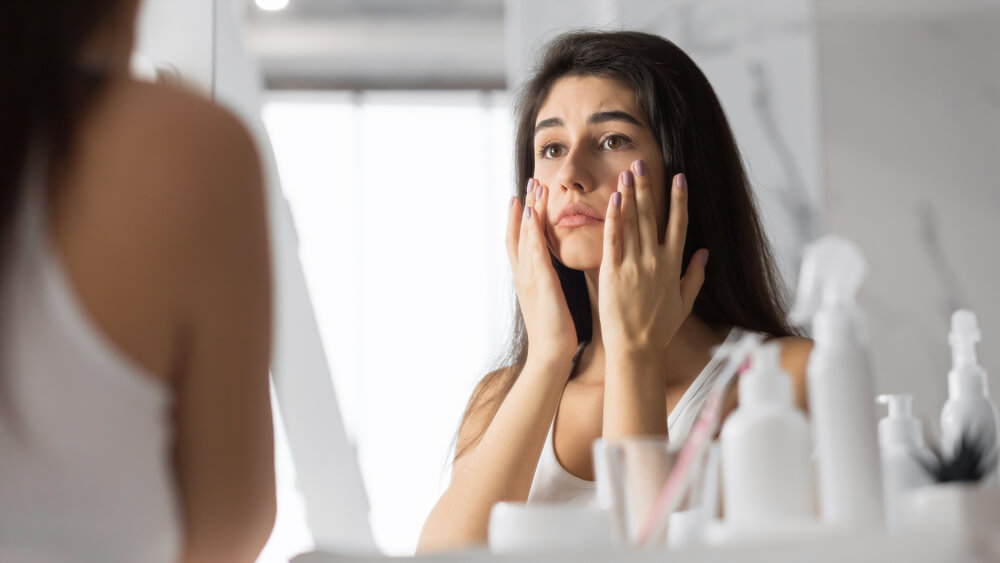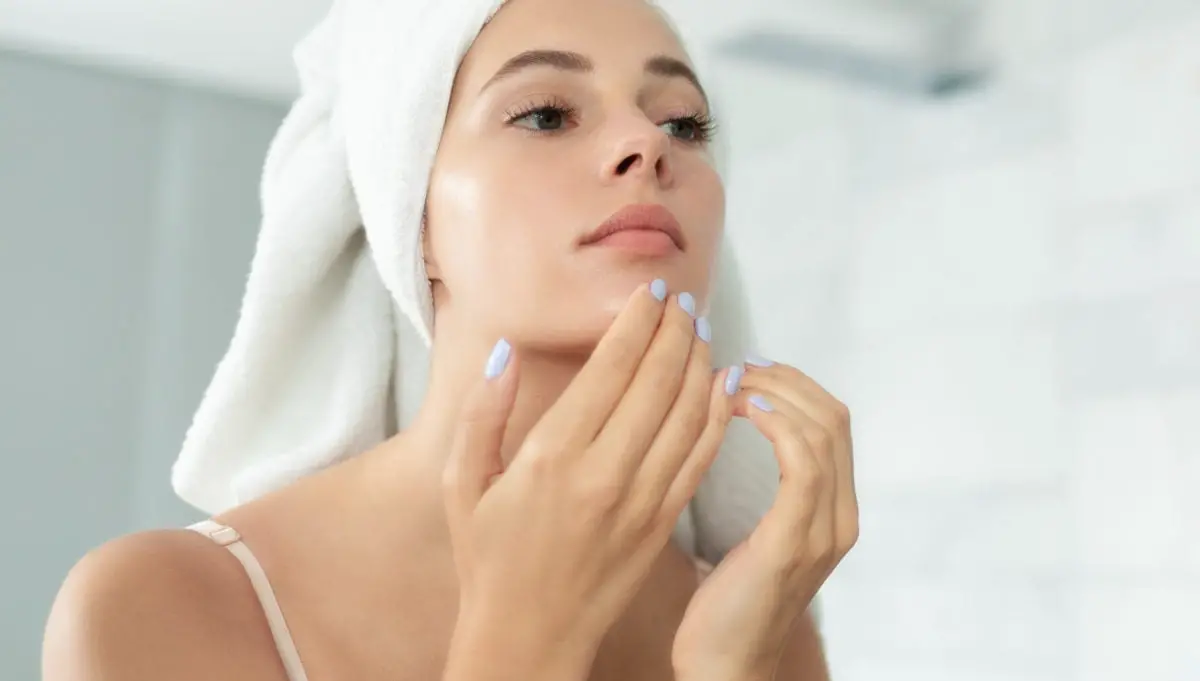Is Natural Skincare Better? Unveiling the Truth for Beauticians
In recent years, there has been a growing interest in natural skincare products among consumers seeking healthier and more sustainable beauty solutions. As a beautician, you may find yourself frequently asked by clients, 'Is natural skincare better for my skin?' This article will delve into the benefits and drawbacks of natural skincare, offering you insights to better advise your clients.

The Rise of Natural Skincare
The beauty industry has witnessed a significant shift towards natural skincare, driven by an increasing awareness of health and environmental issues. Consumers are becoming more conscious of the ingredients they apply to their skin, leading to a demand for products free from synthetic chemicals and artificial additives. This trend has also been fueled by a desire to support sustainable and cruelty-free practices within the beauty industry.
As a beautician, it is essential to understand the reasons behind this shift and how it impacts your clients' preferences. By staying informed about the latest trends in natural skincare, you can offer valuable insights and recommendations to your clients, helping them make informed choices about their beauty routines.
Understanding Natural Skincare
Natural skincare products are formulated using ingredients derived from plants, minerals, and other naturally occurring sources. These products are often marketed as being gentler on the skin, free from harsh chemicals, and less likely to cause irritation or allergic reactions. Some popular natural ingredients include aloe vera, chamomile, lavender, and tea tree oil, known for their soothing and healing properties.
However, it is crucial to note that not all natural ingredients are suitable for every skin type. As a beautician, you should be aware that some natural skincare products may still cause reactions, particularly in individuals with sensitive skin or allergies. It is important to conduct patch tests and assess each client's unique needs before recommending any product.
Benefits of Natural Skincare
1. Reduced Risk of Irritation
One of the main advantages of natural skincare is the reduced risk of skin irritation compared to synthetic products. Many conventional skincare products contain harsh chemicals and artificial fragrances that can irritate sensitive skin. Natural products, on the other hand, often use gentle ingredients that are less likely to cause adverse reactions.
2. Environmentally Friendly
Natural skincare products are typically more environmentally friendly than their synthetic counterparts. They are often produced using sustainable practices and biodegradable packaging, reducing their impact on the planet. By promoting environmentally conscious beauty choices, you can help your clients make a positive impact on the environment.
3. Nutrient-Rich Formulations
Many natural skincare products are packed with vitamins, antioxidants, and essential nutrients that nourish the skin. Ingredients such as vitamin C, hyaluronic acid, and omega-3 fatty acids can provide a range of benefits, from improving skin texture to boosting hydration levels. These nutrient-rich formulations can help your clients achieve healthier and more radiant skin.
Drawbacks of Natural Skincare
1. Limited Shelf Life
One of the challenges of natural skincare is its limited shelf life. Without synthetic preservatives, natural products may have a shorter lifespan and require more careful storage. As a beautician, you should advise your clients on proper storage techniques to maximize the longevity of their natural skincare products.
2. Variability in Product Quality
The quality of natural skincare products can vary significantly between brands. Some products may lack standardized formulations, leading to inconsistencies in effectiveness. It is essential to research and recommend reputable brands known for their quality and efficacy to ensure your clients receive the best results.
3. Higher Cost
Natural skincare products can often be more expensive than conventional alternatives due to the quality of ingredients and sustainable practices involved in their production. While some clients may be willing to invest in premium products, others may find it challenging to justify the higher cost. As a beautician, you can help clients find a balance between quality and affordability.
Integrating Natural Skincare into Your Beauty Practice
As the demand for natural skincare continues to grow, it is crucial for beauticians to stay informed and adapt their practices accordingly. By incorporating natural products into your offerings, you can cater to clients seeking holistic and eco-friendly beauty solutions. Additionally, attending workshops and staying updated on the latest trends and research in natural skincare can enhance your expertise and set you apart in the industry.
For more tips on building a skincare routine, check out this guide on skincare routines.
Moreover, it's important to educate your clients about the benefits and limitations of natural skincare. By providing them with accurate information and personalized recommendations, you can empower them to make informed decisions that align with their values and beauty goals.
Conclusion
In conclusion, the question 'Is natural skincare better?' does not have a one-size-fits-all answer. The effectiveness of natural skincare depends on individual skin types, preferences, and specific concerns. As a beautician, your role is to guide your clients in navigating the world of natural beauty and help them discover products that enhance their skin health and overall well-being.
For more information on how to treat various skin concerns, you can explore this article on hormonal acne treatment or learn about the benefits of using clay masks in skincare.
Ultimately, the key to successful natural skincare lies in understanding your clients' needs, staying informed about the latest innovations, and offering personalized recommendations that cater to their unique beauty journeys.

FAQs
1. Are natural skincare products suitable for all skin types?
While many natural skincare products are designed to be gentle on the skin, it is important to consider individual skin types and potential allergies. Conducting patch tests and consulting with clients can help determine the most suitable products for their needs.
2. How can I educate my clients about natural skincare?
Educating clients about natural skincare involves sharing information about the benefits and limitations of natural products, as well as providing personalized recommendations. Attending workshops and staying informed about industry trends can enhance your expertise and enable you to offer valuable insights.
3. What should I look for when selecting natural skincare brands?
When selecting natural skincare brands, consider factors such as ingredient quality, sustainability practices, and brand reputation. Researching and recommending reputable brands known for their quality and efficacy can help ensure your clients receive the best results.
This article contains affiliate links. We may earn a commission at no extra cost to you.

